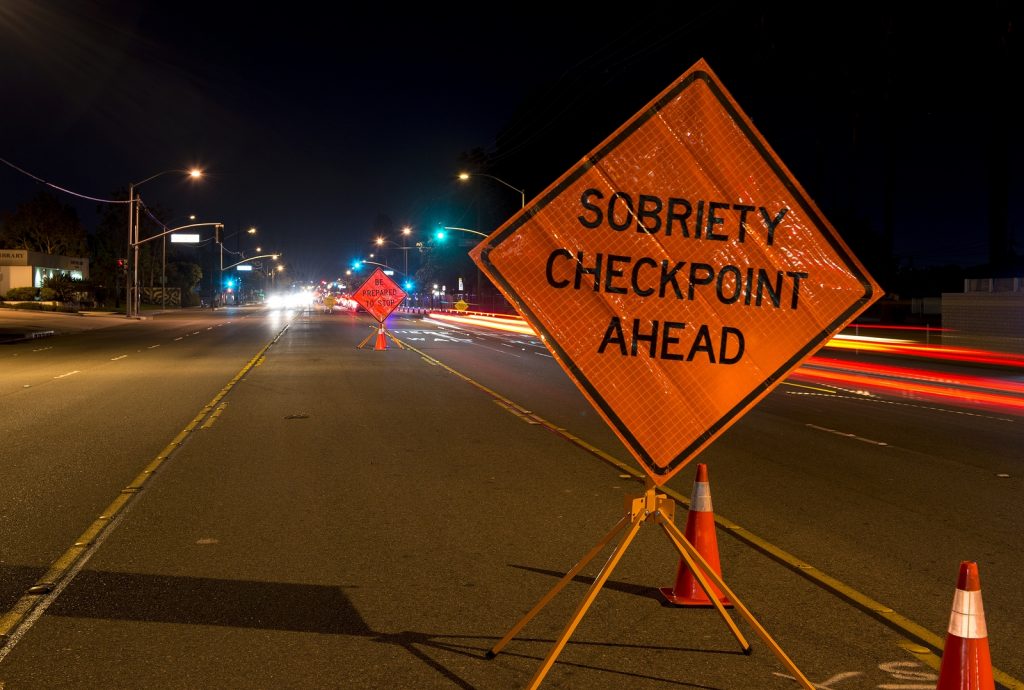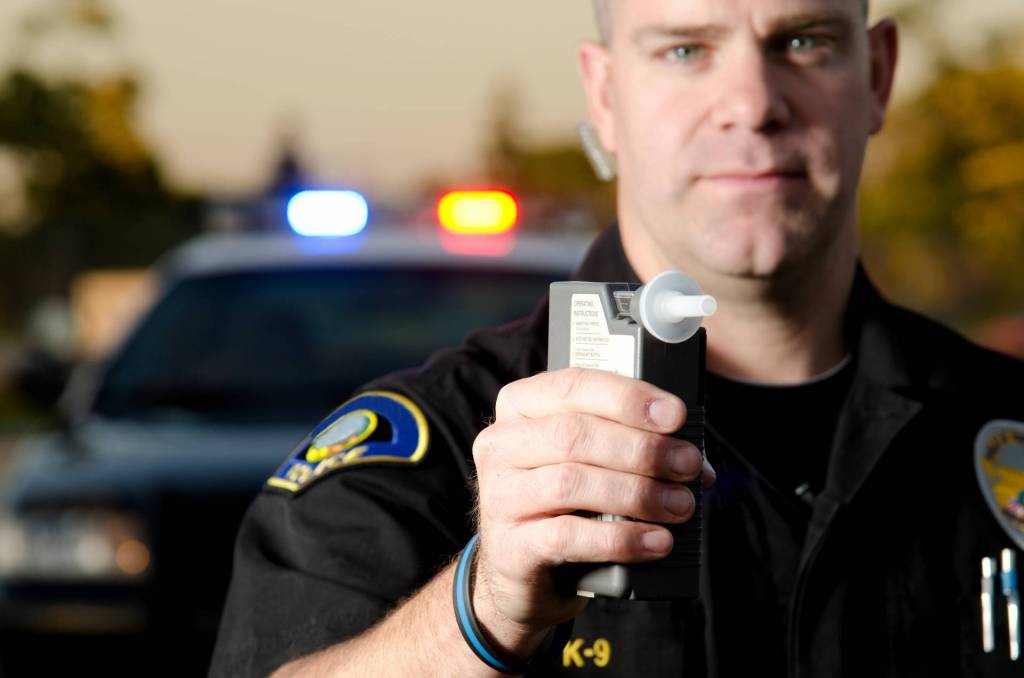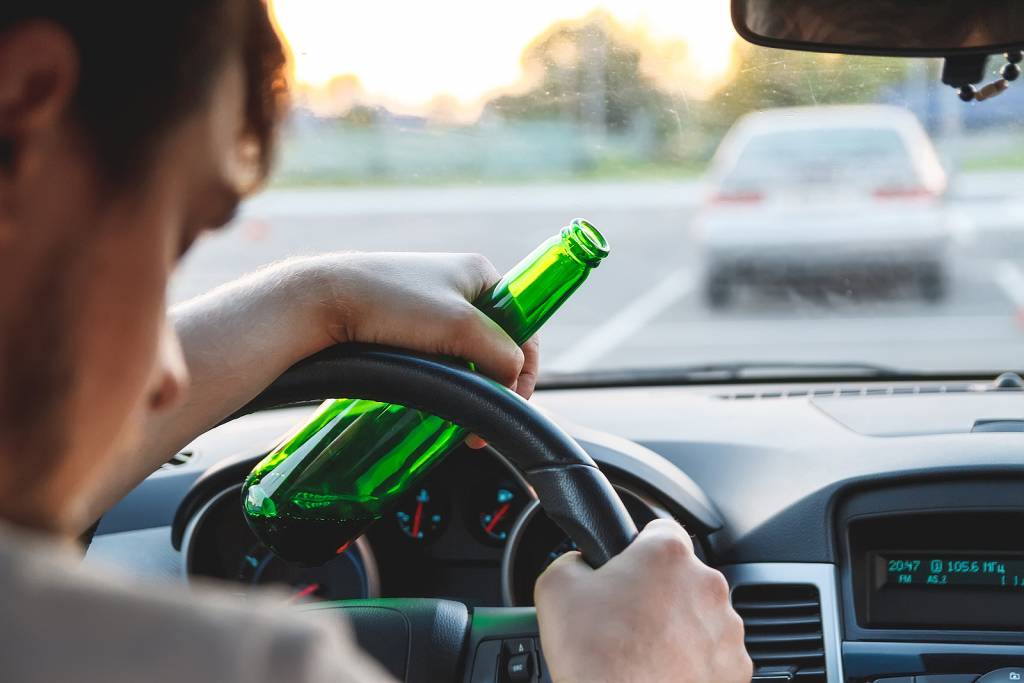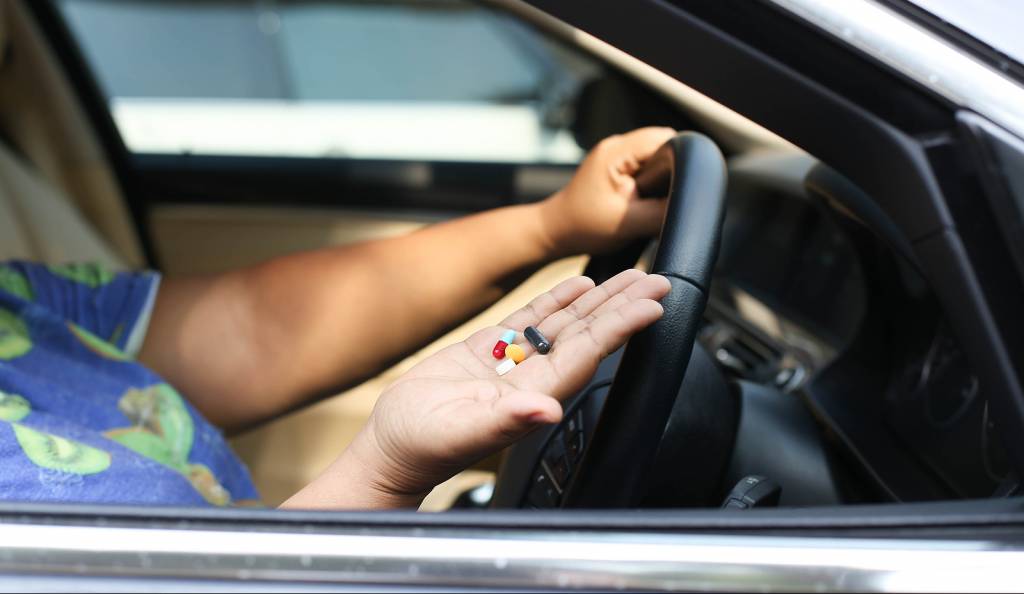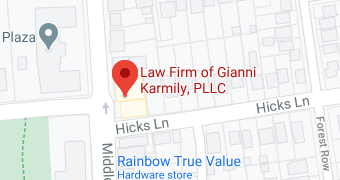What Is A DWI Chemical Test?
If you are found to be driving in New York State with a blood alcohol content (BAC) level at or above 0.08 percent, you may be charged with a DWI. Chemical tests use blood, breath, saliva or urine to measure BAC in order to press these charges. You might assume that refusing to take a chemical test to determine your BAC will help your case – but it won’t. Under New York State’s implied consent law, drivers are legally required to submit to chemical testing. If you refuse to submit to chemical testing, you will face consequences.
What Happens If I Refuse To Take A DWI Chemical Test?
New York State drivers who refuse a chemical test to determine their blood alcohol levels can face fines for doing so. Penalties can also include driver’s license suspension or revocation. It’s important to know that any individual in New York State may still be convicted of driving while intoxicated even if they refused a chemical test.
After allegations of refusing a chemical test, the New York State Department of Motor Vehicles will schedule a refusal hearing in which an administrative law judge and your attorney will question the police officer regarding the circumstances for refusal. You will be given an opportunity to provide evidence that supports your case, but your license will be suspended until the hearing is complete.
Issues to be determined at your refusal hearing generally include:
- Did the police officer who pulled you over have reasonable suspicion to think that you were operating your car while under the influence of drugs or alcohol?
- Did the police officer have probable cause to make a DWI arrest?
- Were you warned by the police officer that refusing to submit to chemical testing would affect your driving privileges and ability to hold a license regardless of whether you are convicted of DWI?
- Did you actually refuse to submit to chemical testing?
If you answer yes to the questions above, your license may be revoked for at least one year.
Do Police Need A Warrant For A Blood Test In New York?
Implied consent law comes into play in the context of driving under the influence. Implied consent law applies to drivers who are stopped by law enforcement under the suspicion of DWI. Under this law, all New York State drivers automatically imply their consent to a breath test if they are lawfully arrested for drunk driving.
However, according to New York state law, police officers are not allowed to take your blood and test it for blood alcohol content without your explicit consent. If you do not provide consent for a blood test then, yes, a police officer will need to obtain a warrant in order to determine your blood alcohol level via blood examination.
The U.S. Supreme Court ruling in Missouri v. McNeely (2013) states that any driver pulled over by police under the suspicion of driving while under the influence of drugs or alcohol has basic rights like any other civilian. In this specific landmark case, a man named Tyler McNeely was pulled over due to driving over the speed limit and was suspected of driving under influence of alcohol. When the police officer pulled him over, he refused to provide consent for both a breath test and a blood test. McNeely failed a handful of field sobriety tests and looked visibly intoxicated, according to the policer officer who stopped him. McNeelt was then taken to a nearby hospital where police officers insisted on a blood test anyway. The results of the chemical test showed that his blood alcohol content far surpassed the legal limit, and he was charged with driving while intoxicated.
The U.S. Supreme Court determined this to be unconstitutional, as the fourth amendment protects all citizens from unreasonable search and seizure which, in this case, referred to seizure of blood or other biological samples.
Schedule A No-Obligation Consultation With DWI Attorney Gianni Karmily As Soon As Possible
If you have refused a chemical test, you need the help of a dedicated, aggressive criminal defense attorney who will work tirelessly to make sure you get the best possible outcome for your case. Driving under the influence in any capacity holds serious consequences in New York State, and without the help of a qualified, tough attorney, you will be at a disadvantage.
If you are convicted of an alcohol-related offense and/or have refused a chemical test, you can face serious penalties, including jail time, fines, and the loss of your driving privileges. The Law Firm of Gianni Karmily offers a no-obligation consultation to any New York or out-of-state motorist driving in New York who needs guidance during this tough time. The sooner you call, the sooner your attorney can help you.



